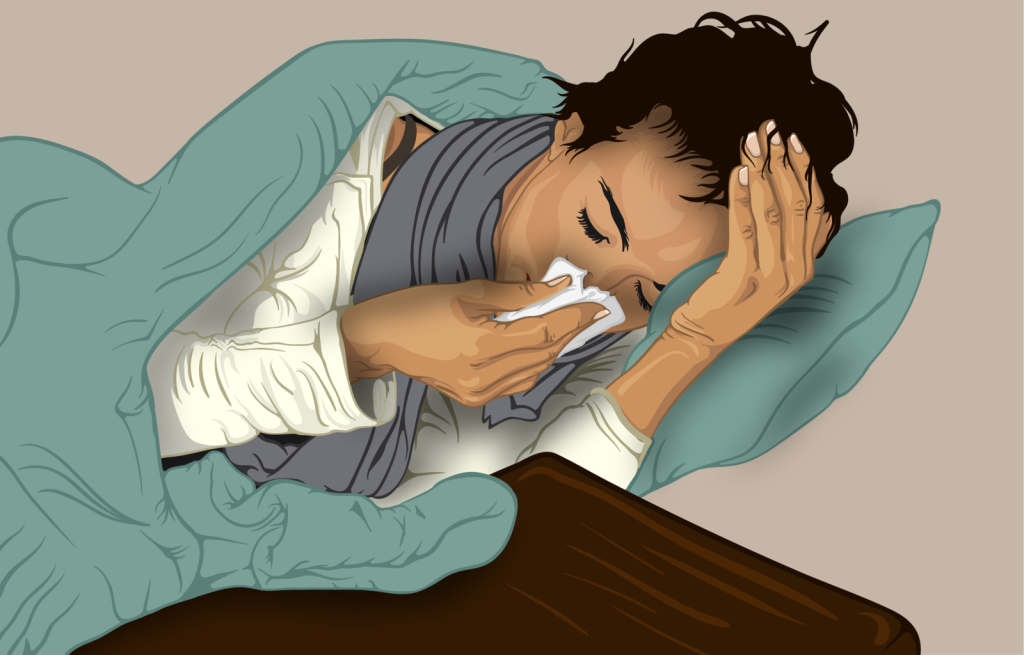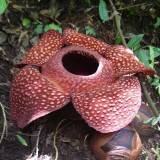Demystifying the Drip: Why Is My Nose Runny?
We’ve all been there – you wake up one morning, and your nose is running like a leaky faucet. It’s annoying, uncomfortable, and you start to wonder, “Why is my nose runny?”, “Why is my nose runny in the morning?” Worry not, because in this article, we’ll demystify the drip and take a look at multiple common causes why your nose might be running.
A runny nose is when your nose constantly drips or produces more mucus than usual. It’s like a watery liquid coming out of your nose, and you might need to keep wiping or blowing your nose frequently. It often happens when you have a cold or allergies, but it can also occur due to other reasons like irritants or changes in temperature. Basically, a runny nose is when your nose behaves like a leaky faucet, making you reach for tissues or a handkerchief to keep it dry.
Here’s a more detailed explanation of the top 10 common causes of a runny nose:
- Colds and Viruses: Colds and viruses can cause a runny nose through a series of natural defensive responses by your body. The most frequent cause of a runny nose is catching a cold or viral infection. When you’re sick, your body produces extra mucus to capture and remove the invading virus. This excess mucus then drips from your nose.
- Allergies: Allergens such as pollen, pet dander, or dust can irritate the inside of your nose, prompting it to run. This condition is often known as allergic rhinitis.
- Sinus Infections: Infections in your sinuses can result in a runny nose, alongside other symptoms like facial pain and congestion. When your sinuses become inflamed due to infection, they can produce extra mucus.
- Environmental Irritants: Exposure to smoke, pollution, strong odors, or chemicals can irritate the lining of your nasal passages, causing your nose to run as a defensive mechanism to get rid of the irritants.
- Weather Changes: Sudden shifts in temperature, especially during cold weather, can trigger a runny nose. Your nasal passages may react to the change by producing more mucus.
- Spicy Foods: Consuming spicy foods can sometimes lead to a runny nose as a reaction to the heat. The spices can cause temporary irritation in your nasal passages.
- Emotions: Strong emotional reactions like crying or intense stress can result in a runny nose. This happens because certain chemicals are released in your body during these emotional moments, which can affect your nasal passages.
- Medications: Some medications, such as certain blood pressure drugs or nasal sprays, can have a side effect of causing a runny nose. It’s important to be aware of these potential side effects when taking medication.
- Food Allergies: Allergic reactions to specific foods can cause various symptoms, including a runny nose. Your body’s response to the allergen can include nasal congestion and excessive mucus production.
- Excessive Nose Blowing: Ironically, blowing your nose too forcefully or frequently can irritate your nasal passages and make your nose run even more. It’s best to blow your nose gently and not overdo it.
Now that you have a better understanding of why your nose might be running, it’s essential to remember that occasional nasal discharge is entirely normal. However, if your runny nose is persistent, severe, or accompanied by other concerning symptoms like fever, pain, or blood in the mucus, it’s crucial to consult a healthcare professional. They can assist in identifying the root cause and give suitable treatment.
In the meantime, stay hydrated, use saline nasal sprays to keep your nasal passages moist, and consider over-the-counter antihistamines for allergy-related runny noses. Remember, your body has its reasons for that annoying drip, and with a little patience and care, you can find relief.




















